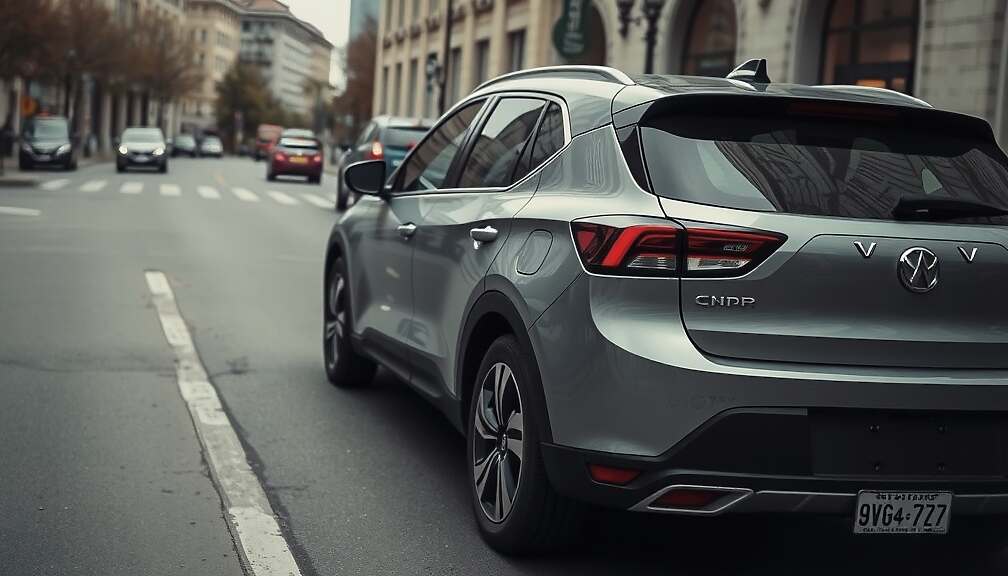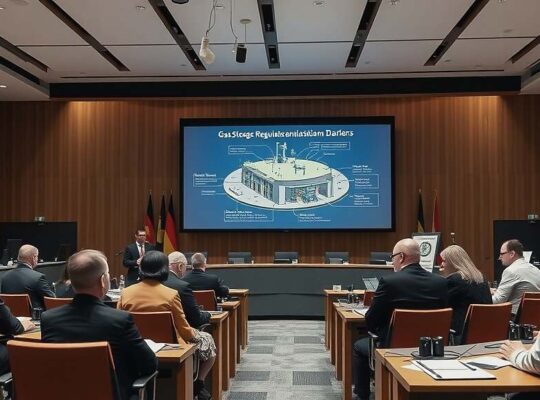German Transport Minister Patrick Schnieder is pushing for adjustments to the European Union’s proposed CO2 fleet emission standards, advocating for continued allowance of new combustion engine vehicles beyond 2035. In an interview with ARD’s “Interview der Woche” Schnieder expressed the desire to maintain the possibility of utilizing combustion engine technology past this deadline.
Discussions between the automotive industry and high-ranking EU Commission officials are reportedly underway to explore these potential modifications. Schnieder indicated his intention to actively pursue these issues within the political sphere.
While Germany previously secured an exception within the EU agreement allowing climate-neutral combustion engines fueled by e-fuels to continue being registered after 2035, Schnieder believes this concession is insufficient. He suggests the need for broader flexibility, potentially enabling plug-in hybrid vehicles – which can operate both electrically and with traditional gasoline engines – to remain on the market, describing them as potentially valuable bridging technology. However, a recent study by “Transport and Environment” suggests that plug-in hybrids emit five times more CO2 on the road compared to laboratory testing.
Schnieder stated a willingness to assess future technological developments, adding that he would be “inclined” to permit vehicles with CO2 emissions even after 2035.
The CDU politician emphasized the importance of a strong German automotive industry to successfully navigate the ongoing transformation. He argued that achieving climate targets requires economic strength, asserting that inflexibility risks hindering the attainment of these very goals. He believes the current mandate, targeting a zero-percent share of combustion engines by 2035, does not provide sufficient flexibility.
Currently, new vehicles registered within the EU are subject to fleet emission limits averaging 93.6 grams of CO2 per kilometer. These limits are progressively reduced, ultimately aiming for a zero-emission standard by 2035, effectively barring the sale of new combustion engine vehicles.
These fleet limits are part of the “Fit-for-55” package, a series of measures designed to guide the EU toward limiting climate change to just above two degrees Celsius. The International Court of Justice recently clarified that states could face legal claims for damages if they exceed the 1.5-degree Celsius threshold.












